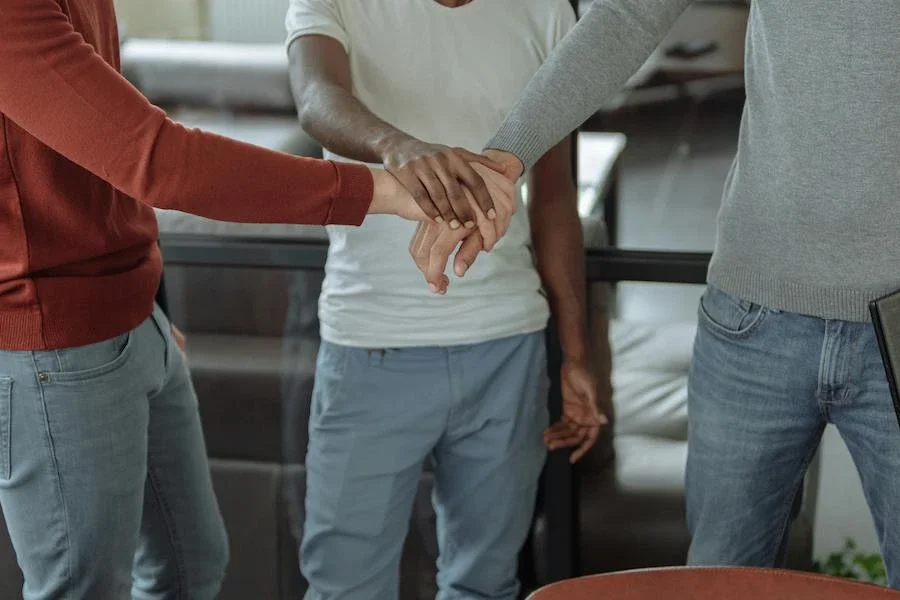Group Therapy Explained: How It Works and Why It’s So Effective
When you think of therapy, you might picture sitting across from a counselor one-on-one. While individual therapy can be powerful, group therapy offers something different and equally effective. In a group setting, you connect with people who are working through their own challenges.
This creates a space where you learn from others and develop skills that you can use in daily life. Far from being intimidating, group therapy is designed to provide structure and confidentiality, along with professional guidance to help you grow both individually and as part of a group.
What Is Group Therapy?
Group therapy takes place when one or more trained therapists work with several clients at the same time. A group typically has between six and twelve participants, though the size can vary depending on the setting. The therapist guides conversations and creates a safe environment where everyone has the chance to share.
Groups might focus on specific issues like anxiety, grief, or trauma recovery, or they may be more general and open to a range of concerns. Some groups are short-term with a clear ending, while others meet regularly over time. Regardless of the format, the therapist’s role is to facilitate meaningful discussion and ensure everyone feels included.
How Group Therapy Works
When you attend your first group session, the therapist will review expectations and guidelines. These ground rules help maintain respect and confidentiality. You are never pressured to speak before you're ready, but you're encouraged to participate at your own pace.
Sharing and Listening
Much of the value in group therapy comes from listening to others’ experiences. You may find yourself relating to someone’s story, realizing you're not the only one facing a particular challenge. Sharing your own perspective also gives others insight they might not have considered. This two-way exchange fosters mutual support and reduces feelings of isolation.
Skill-Building
Many groups include structured activities or evidence-based practices. For example, cognitive-behavioral strategies might be introduced to help you identify unhelpful thoughts. In groups that focus on interpersonal skills, you practice new ways of communicating in a supportive setting before applying them in daily life.
Diversity of Perspectives
Every group consists of individuals with different backgrounds, strengths, and identities. For instance, someone with ADHD may describe how they organize their day differently, or an Autistic participant may share how sensory environments affect them. Hearing these perspectives broadens your understanding and highlights that there are many valid ways to experience and navigate life.
Why Group Therapy Is So Effective
A Sense of Belonging
Being part of a group fosters connection. You realize that others understand struggles that might feel overwhelming when faced alone. That sense of belonging is one of the strongest predictors of positive therapy outcomes.
Real-Time Feedback
In a group, you receive immediate feedback from both the therapist and peers. For example, if you share a recurring conflict, group members might observe patterns or suggest new approaches. This feedback is often practical and based on real experiences.
Building Confidence
Speaking openly in a group may feel intimidating at first; however, over time, it builds confidence. You practice vulnerability and communicate openly. These skills carry over into relationships outside the group, strengthening bonds with family, friends, and colleagues.
Is Group Therapy Right for You?
Group therapy is effective for those dealing with stress, anxiety, depression, grief, or relationship issues. It can also be especially helpful if you prefer practicing skills in real time rather than only discussing them privately.
If you have been considering counseling, group therapy might be exactly what you need. In this space, you can discover new things and forge connections. These experiences can lead to growth beyond what individual therapy can provide. Give us a call to schedule an appointment and learn more about group therapy and how it can help you.

